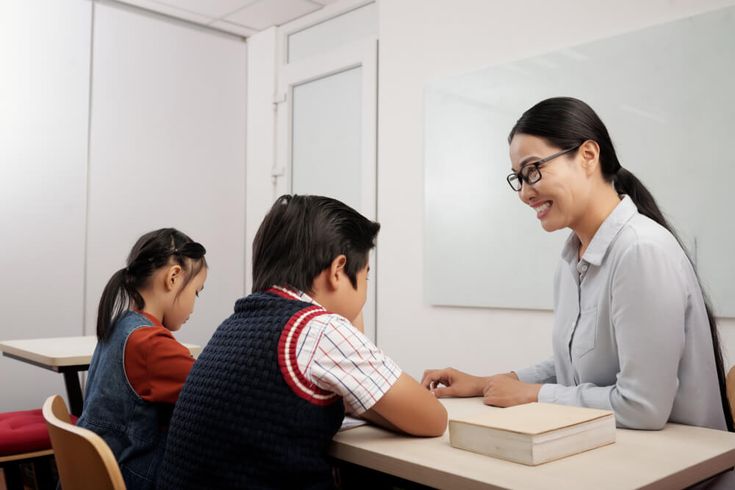- July 8, 2024
- 1063
- Skoop Nuggets
- 0 comment
Class size matters more in early education, less so for teens.
When it comes to education, the topic of class size frequently pops up. Many has wondered why Singapore, a country known for its robust education system, hasn’t pushed for smaller class sizes.
You might not be aware, but in Singapore schools, the teacher-student ratio is about 1 teacher for every 14 to 15 students, which is similar to the average in many developed countries. While it might seem like classrooms are overcrowded, this ratio actually shows that we have a reasonable number of teachers compared to students. The situation is more balanced than it might appear at first glance.
But we might wonder why classes are not capped at, say, 20 students? It’s likely because it isn’t practical because teachers have many responsibilities beyond teaching, such as lesson planning, grading, and student progress monitoring. Smaller class sizes would require more teachers, and without increasing staff, existing teachers would be overburdened, leading to burnout and reduced teaching quality.
However, with larger class sizes of around 30 to 40 students, it becomes challenging for teachers to give personalized attention to each child. It’s tough to cater to every student’s unique learning pace and needs in such a setting. As a result, many parents turn to external enrichment classes to ensure their children receive the extra support they require.
Enrichment centres, in contrast, typically have an average class size of just 6 to 8 students. A survey of 50 parents revealed that 80% believe the ideal class size at these centres should be between 4 to 6 students, clearly showing that class size is a top priority for parents when selecting an educational centre for their children.
Benefits of small class size:
Individualized Attention: Smaller class sizes allow teachers to focus on each child’s unique learning style and needs, providing personalized support that can lead to better academic outcomes.
Increased Engagement & Participation: Students are more likely to engage actively in discussions and activities in smaller classes, which enhances their interest, understanding, and retention of the subject matter. In such settings, they often feel more comfortable asking questions and seeking clarification, resulting in higher levels of participation.
Better Classroom Management: Smaller classes usually make classroom management easier, minimizing distractions and disruptions, which leads to a more focused learning environment—especially for younger students who are more prone to getting distracted.
Tailored Instruction: Teachers can adapt their teaching methods and materials more effectively to suit the specific needs of their students making lessons more relevant and engaging.
Faster Feedback: With fewer students to assess, teachers are able to monitor students progress more closely and can provide immediate feedback on homework and assessments, helping students understand their progress and areas for improvement.
This targeted support is why many parents view outside school support as a vital supplement to their child’s education, helping them not only to keep up but also excel in their learning journey. However, research shows that smaller class sizes are more effective in early education but matter less as students grow older. For secondary and higher education levels, factors like teaching quality, curriculum, and student motivation may have a greater influence on learning outcomes.
Therefore, while smaller classes can provide certain advantages, they are not the sole determinant of a quality education. The overall learning environment, teacher quality, and access to resources can also have a significant impact on a child’s educational experience.








Add Comment